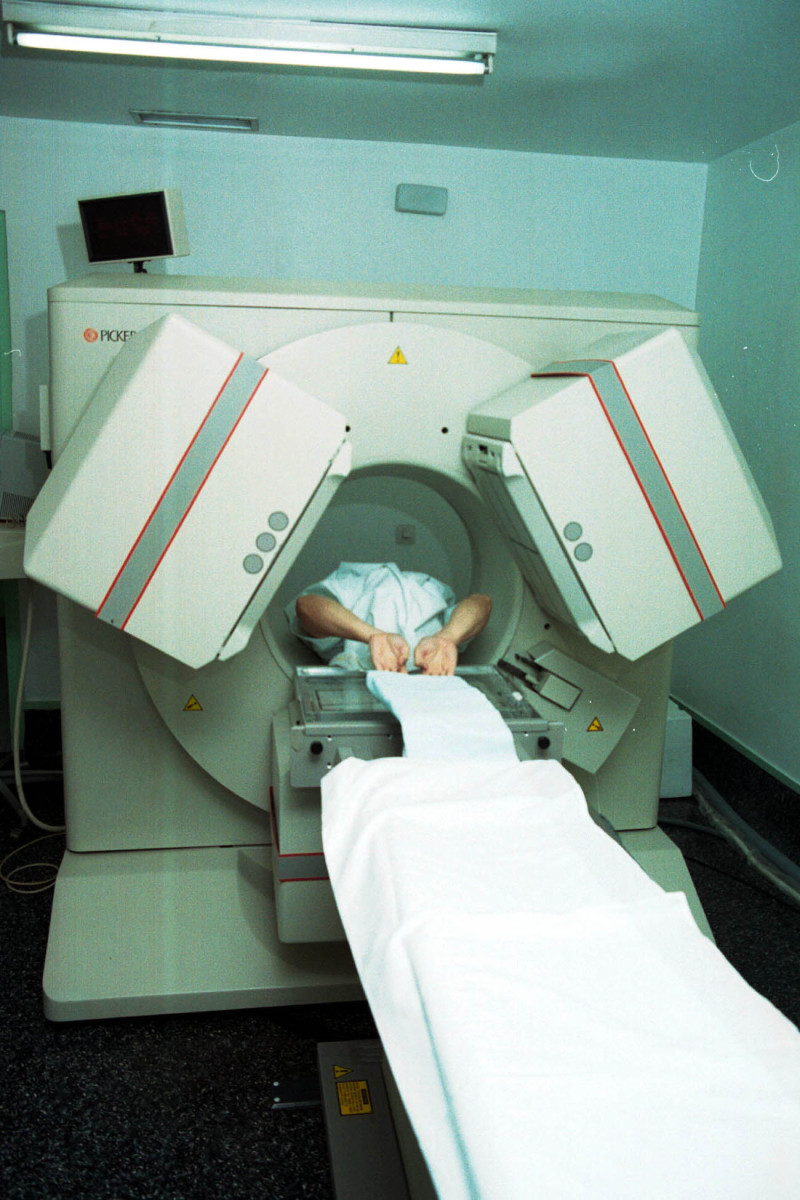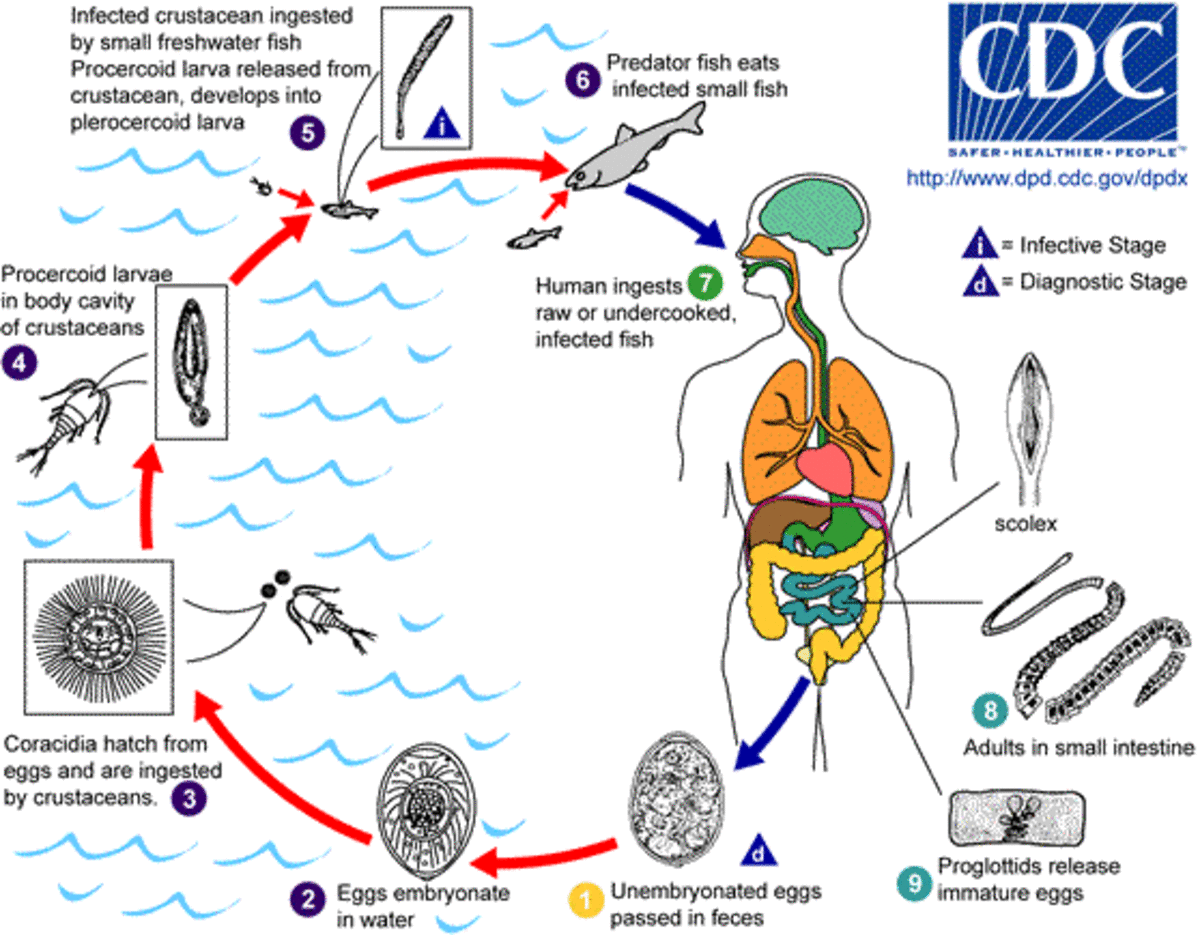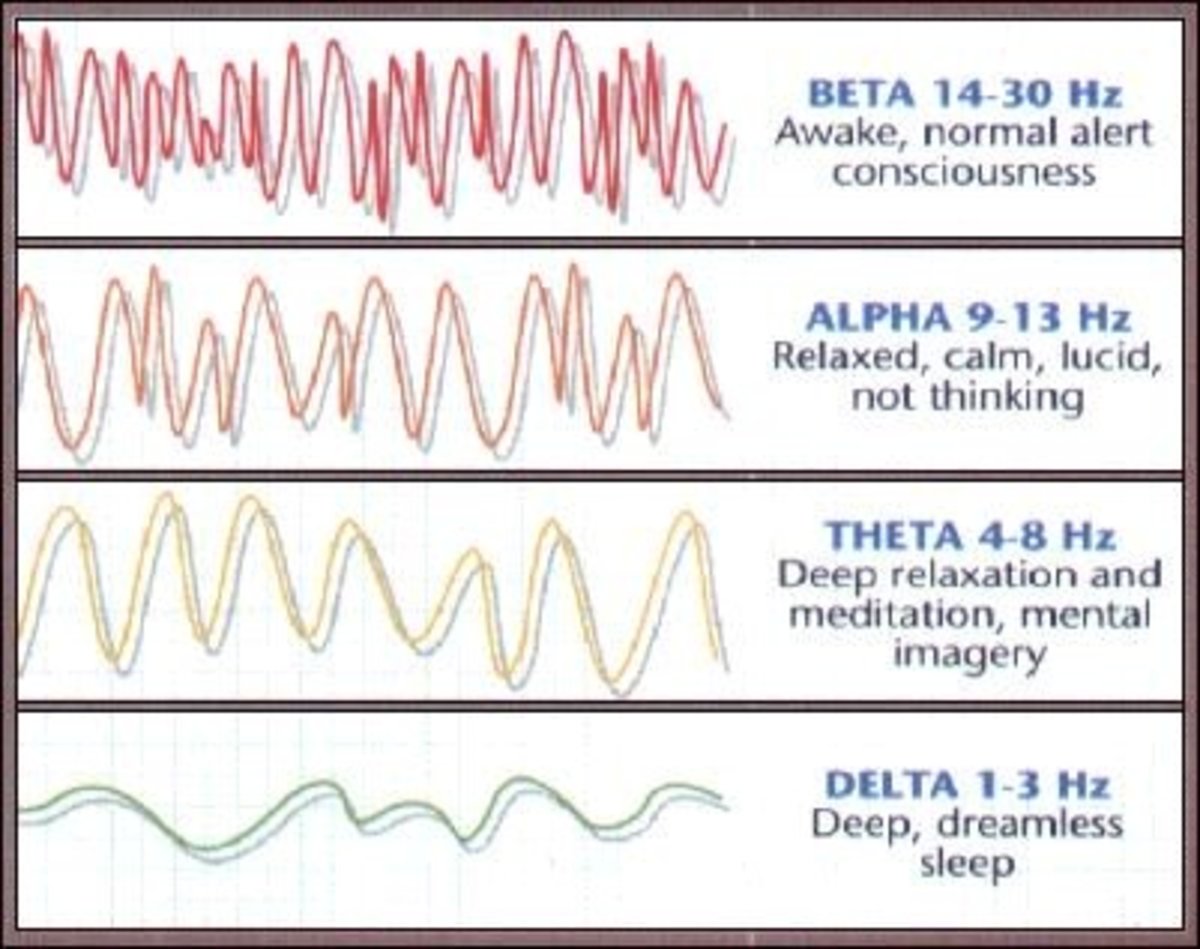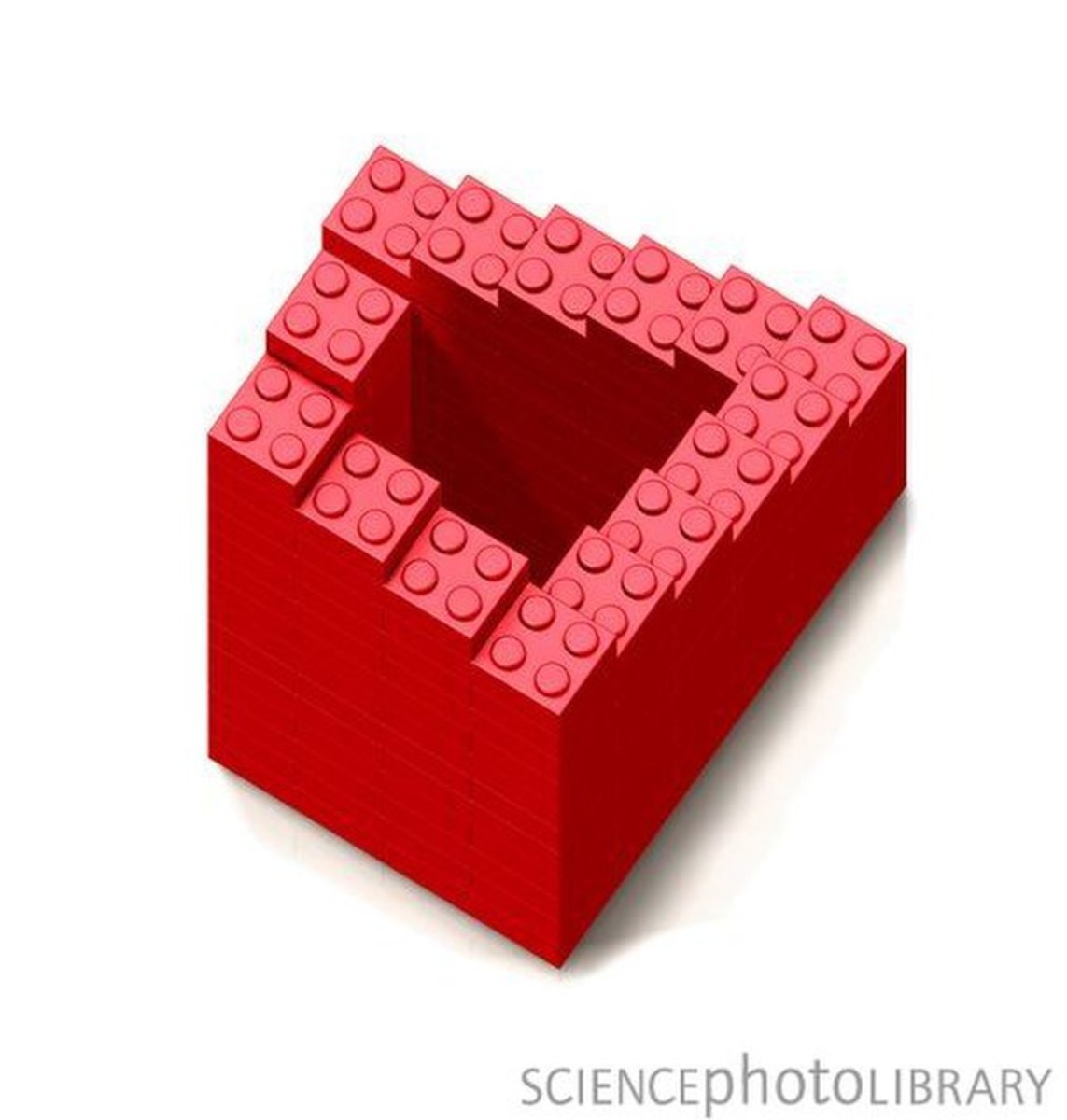Pathophysiology, Clinical Manifestations, Diagnosis And Prevention Of Acute Renal Failure
Care of patient with Acute renal failure

A General Overview Of Acute Renal Failure
Acute renal failure is a clinical syndrome characterized by an abrupt reduction in glomerular filtration rate, often (but nor invariably) associated with oliguria. It may be caused by prerenal, renal or post-renal factors.
Pre-renal causes
Conditions which reduce blood volume and consequently renal perfusion, i.e. hemorrhage, loss of plasma in burns, diarrhea and other gastrointestinal causes of loss of water or electrolytes can be causes of renal failure.
Prolonged hypotension in shock may cause acute renal failure. It may also cause renal cortical necrosis. Early correction of shock and the underlying abnormality prevents the development of acute renal failure. Finally, hepatorenal syndrome also falls under this category of causes.
Renal Causes
Ailments such as:
- Acute glomerulonephritis
- Vascular diseases of the kidney, e.g. hypersensitivity angitis, malignant nephrosclerosis and polyarteritis nodosa.
- Nephrotoxic agents
- Acute interstitial nephritis, and
- Acute urate nephropathy.
Post-renal Causes
Acute or chronic obstruction to the outflow tract of the kidney.
Although, the term acute renal failure can encompass all the conditions mentioned above, usually it is used for denoting acute tubular necrosis which may be due to ischemic or toxic causes. Among these, toxic damage to the kidney is most important. Renal damage may result from toxicity to drugs like aminoglycosides, penicillin derivatives, amphotericin B, anesthetic agents and several other causes. Hemoglobin and myoglobin may precipitate in the renal tubules when these are liberated excessively in the circulation and lead to acute renal failure. Renal tubular damage and acute renal failure are common complications in viperine snake bites. Other frequent causes include toxic damage resulting from radiographic constrast dyes, methanol, ethylene, glycol, carbon tetrachloride, heavy metals, cresol, formic acid, weedicides etc. Often multiple factors operate in any given case.
Enlarged Kidneys

Pathology and pathophysiology
The kidneys appear slightly enlarged. In ischemic damage, the nephrons are involved in patches. The tubular basement membrane is disrupted and the cells undergo necrosis. On the other hand, nephrotoxins uniformly affect the segments of the proximal tubules with preservation of the basement membrane. Although, the glomerulus and blood vessels appear normal, the glomerular filtrate either leaks back across the damaged tubular cells or it is prevented from reaching the renal pelvis because of obstruction to the tubular lumen by cell debris. This diminished the urinary output. Impaired function leads to uremia. The renal hormones probably cause vaso-constriction of the afferent arterioles and consequent reduction of glomerular filtration.
Care Of patients With Acute Renal Failure
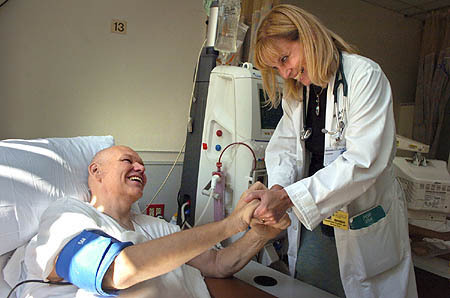
Nephrology
Clinical features And Diagnosis
Clinical features
The clinical features are mostly those of the underlying disorder. The first sign to draw attention to the possibility of acute renal failure is oliguria. At least some cases of non-oliguric acute renal failure may pass unnoticed. The clinical course can be divided into oliguric phase, diurectic phase and post-diuretic phase.
In the oliguric phase, the patient may develop symptoms due to fluid overload or azotemia. Fluid overload causes elevated jugular venous pressure, pedal edema, ascites, dyspnea and pulmonary edema. Azotemia manifests as elevation of blood urea and creatinine and is clinically characterized by drowsiness, nausea, vomiting and metabolic acidosis. Hyperkalemia occurs commonly during this phase. It is usually asymptomatic, but may lead to serious conduction defects including cardiac arrest. There is increase susceptibility to infections.
The oliguric phase may last for 2-3 weeks. If recovery does not occur after 6-8 weeks, renal cortical necrosis should be suspected.
With the onsent of the diuretic phase, the urine output progressively increases. During this phase, the tubular concentrating function is defective and uncontrolled loss of water and electrolytes occur leading to dehydration, hyponatremia and hypokalemia. Over a period ranging from 2 to 4 weeks, the ability of the kidney to concentrate the urine improves. Urine volume comes down and urinary concentration increases. The blood urea and serum creatinine come down to normal levels.
In the post-diuretic phase, the renal function recovers almost completely but minimal impairment of acidification, concentration and dilution of the urine may persist for sometime.
Diagnosis
Clinically, acute renal failure should be suspected if a patient presents with rapid onset of oliguria and evidences of azotemia. The clinical diagnosis is confirmed by examination of the urine and biochemical examination of blood. Urine shows moderate to heavy protenuria and the deposits show erythrocytes, leukocytes, tubular epithelial cells and casts. The specific gravity is around 1010 and osmolality about 310 mOsm/Kg water. The urinary sodium is often more than 40 mEq/liter. Biochemical examination of blood show steady increase in urea, creatinine, uric acid and potassium. When acute renal failure follows mismatched blood transfusion, surgical trauma or crush injuries, the rate of rise of serum potassium is more than 0.5 m eq/liter/day.
Plain X-ray of the abdomen and ultrasonography helps in confirming that the renal size is normal or only slightly enlarged. A renal biopsy shows evidence of tubular necrosis.
© 2014 Funom Theophilus Makama





